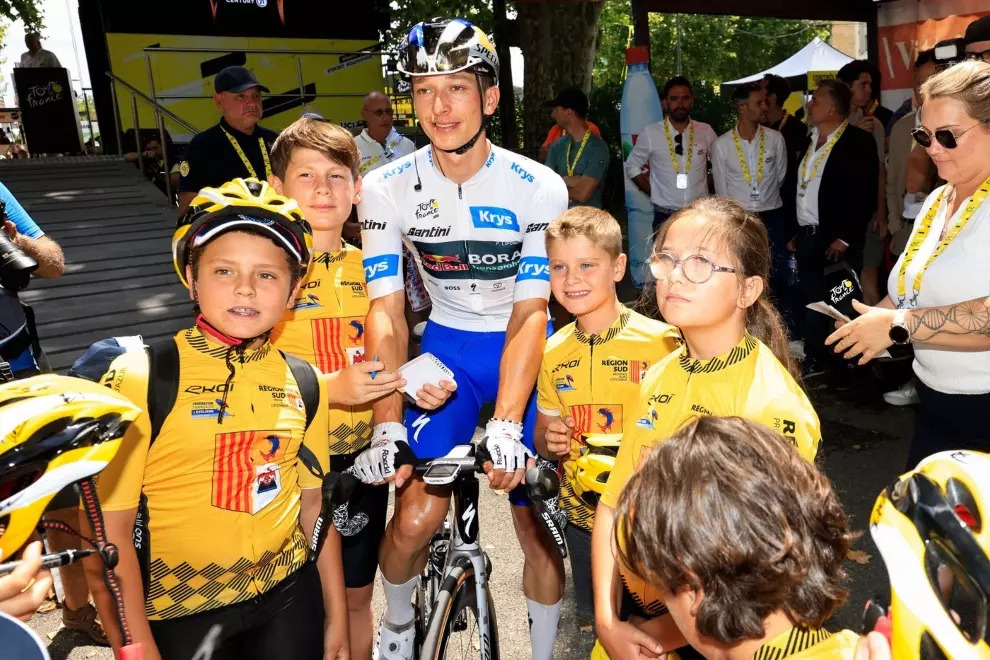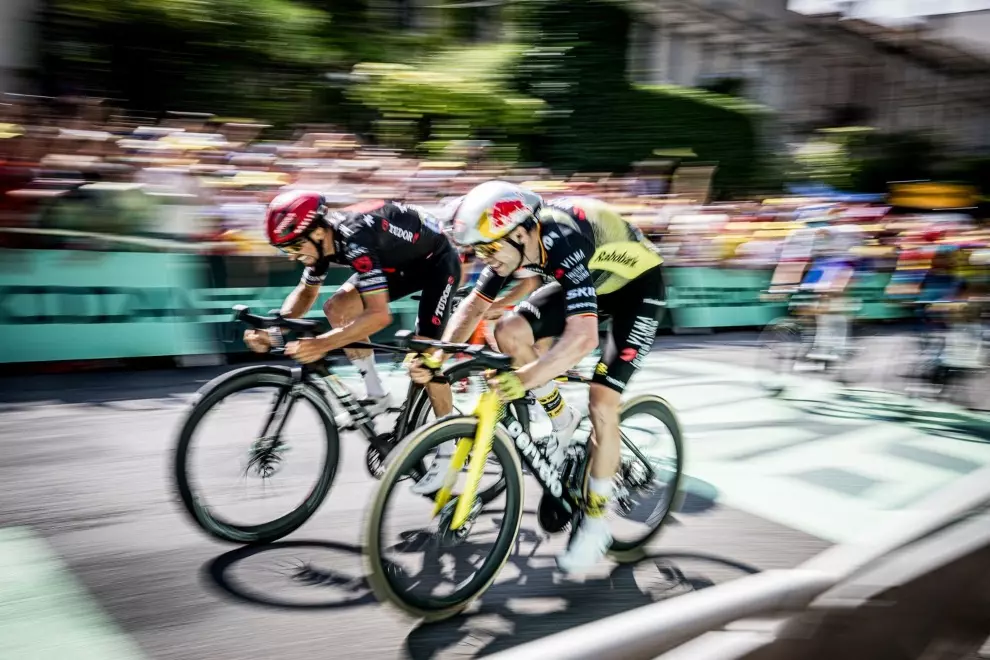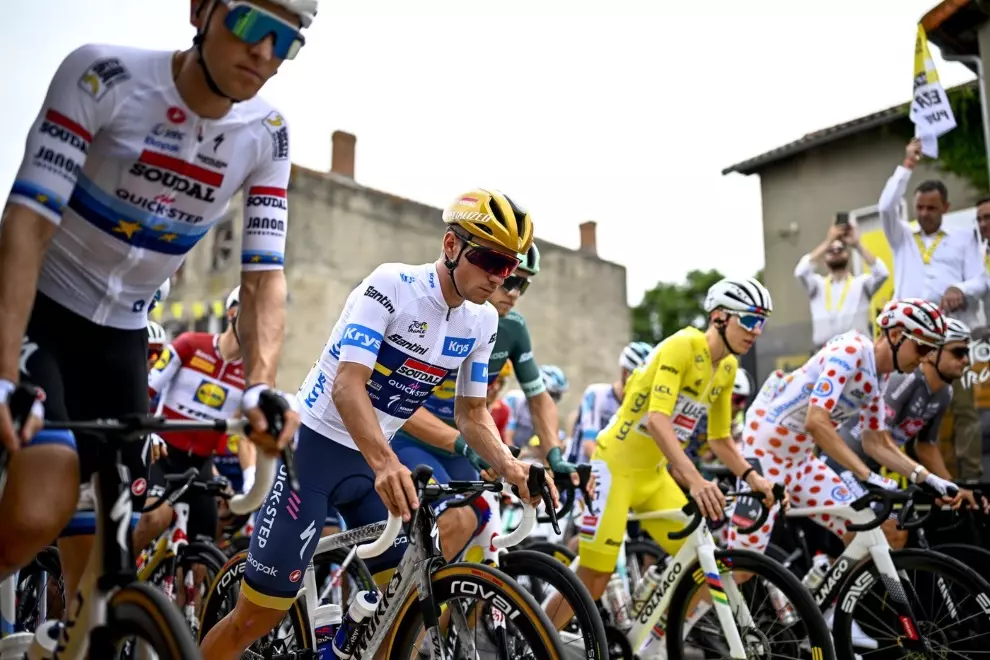The frail and always restless rider believed to be a victim of a curse. That was the only explanation the Spaniard could find for not being able to show the world the genius for cycling he was certain he had. To be fair, Ocaña faced all the troubles you could think of. He had loads of technical issues, health issues and unfortunately even mental health issues. In 1971, however, everything seemed to have fallen into place.
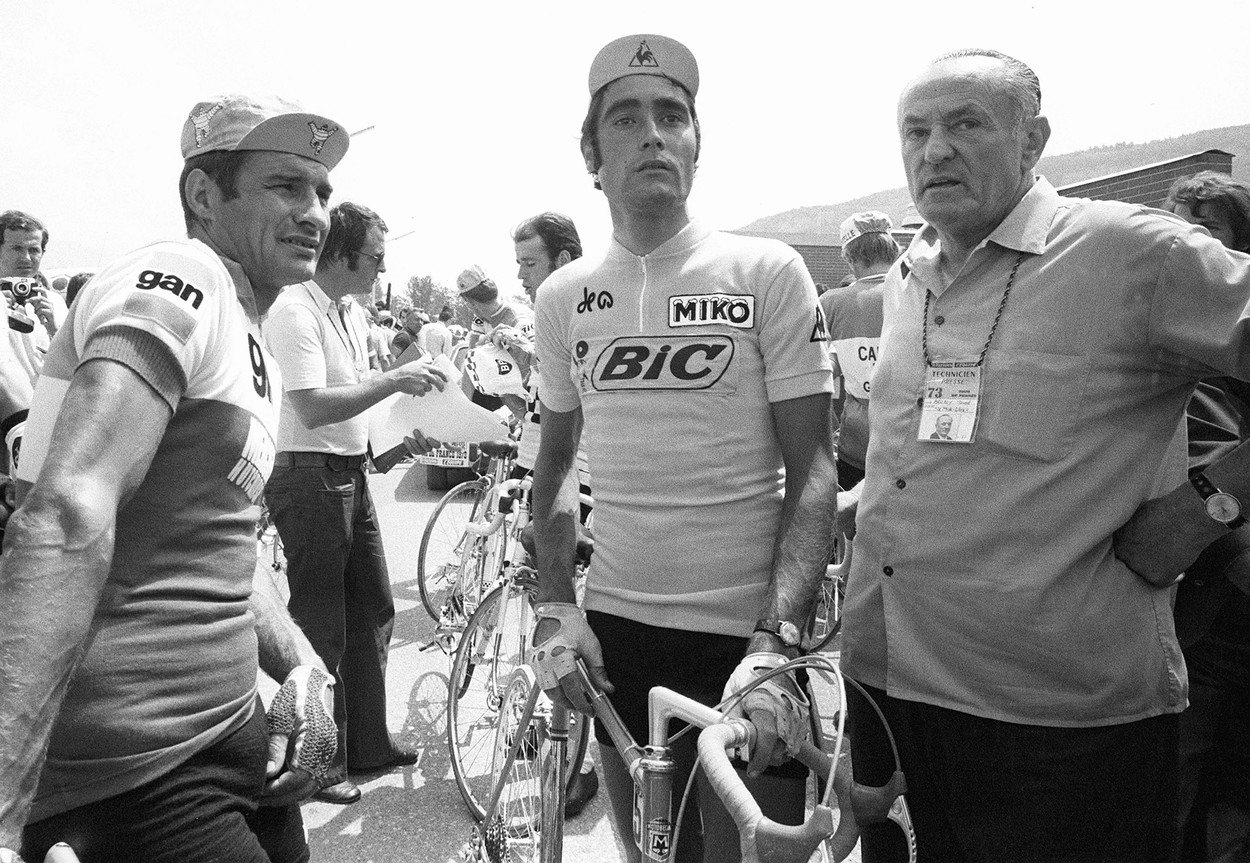
Despite Ocaña’s triumph at La Vuelta the previous year, La Marca complained about the end of an era. The likes of Bahamontes and Jiménez were thought to never appear again. And instead of focusing on their countryman, they considered Joop Zoetemelk, Bernard Thévenet and Lucien van Impe to be the biggest threat to Merckx’s hattrick. The Cannibal, however, knew better.
After Critérium du Dauphiné, it was Ocaña the Belgian was praising, claiming he was the only one who was there not just to try to beat him, but to try to win. That was a common problem of the Cannibal’s generation. He won so many times (one in every three races he entered), that the opponents were simply content with fighting for second places..But that was not Ocaña’s way.
“If I am afraid of Merckx? Why should I be? If I was afraid, I might just stop racing and go back home. I don’t think he’s unbeatable. Nobody is,” Ocaña told the journalists defiantly when asked the about the Belgian.

The 1971 Grand Bouclé started in a fast and furious fashion. Stage 2 saw a group of 15 riders finish 10 minutes before the peloton. Eddy Merckx claimed the maillot jaune, and it was almost certain that the overall winner would come from that group. Ocaña was there as well and used the Puy de Dome climb during stage 8 to attack the Belgian for the first time. The Cannibal did lose some time. That was, however, nothing in comparison with what happened on stage 11.
Ocaña attacked on the Cote de Laffrey climb, and Merckx didn’t find the strength to follow. Each time the motorbike would come down to the poursuivants, another minute would appear on the timer. None of the GC favourites could believe what they were seeing.
“After he attacked, I told him to keep it steady, because he had 4 minutes on the others,” Ocaña’s team’s GM Maurice de Muer recalled. “’Good, it will be five in a moment,’ he yelled back at me. I came back to him shortly saying that he got those 5 minutes. And he would just yell back that now it’s going to be six. It went on and on like that.”

It was one of the most memorable stages in all of Tour de France history. Ocaña crossed the finish line 8 minutes and 42 seconds ahead of Merckx. 61 riders didn’t make the time cut because of the Spaniard’s deadly pace. The organizers had to extend the limit so that there was someone to continue racing.
“I believed the Tour was lost. That thing Ocaña did, it was out of this world,” Merckx admitted years after the race.
Nevertheless, he did not give up. In the very next stage Merckx cut down Ocaña’s lead by 2 minutes. The Cannibal rode so hard he crossed the finish line in Marseille an hour early, ruining the city’s celebrations. The local mayor swore to never allow the Tour de France in his city again.

The Belgian hoped to gain more time in the time trial, but Ocaña was just 11 seconds slower than him. That meant that after 13 days, he led the race by a hardly believable 7 minutes and 23 seconds. The peloton was off to the Pyrenees next, and the mountains greeted it with a particularly harsh weather. It was pouring down with rain. There was oil and sand on the road. But none of that mattered to the Cannibal. He rode at his very limit. Unfortunately, in one of the hairpins, he lost control of his bike and went down. Ocaña was right on his wheel and thus fell over him.
Merckx jumped back on and continued. The Spaniard was ready to do the same, but at that moment, the curse struck. Zoetemelk came around the bend and hit Ocaña in the back, hard. The overall leader was taken to the hospital by a helicopter and his GC hopes were done. There is a memorial at the scene of the accident on the Col de Menté in the Pyrenees. Eddy Merckx refused to wear the yellow jersey the next day in tribute to Ocaña.
“Whatever happened, I lost this Tour. Because there will always be doubts,” Merckx said after finishing in Paris.
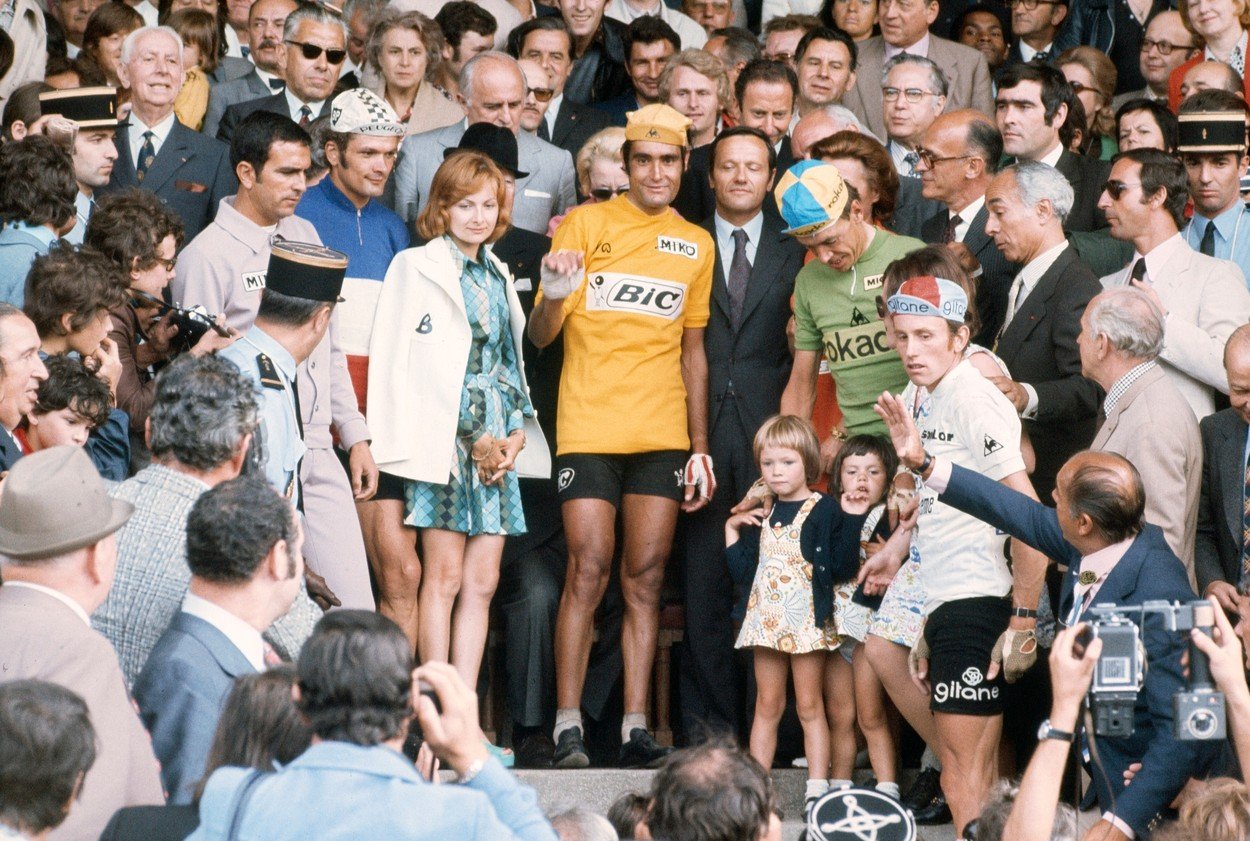
Ocaña had to wait till 1973 to enjoy his Tour de France triumph, but unfortunately Merckx wasn’t there. The two never met again in the peak of their forms. The Spaniard continued to battle his curse, fighting with his health, team, opponents… Anyone who was available, really. Ultimately, he retreated to a vineyard in the south of France. Eddy Merckx even helped Ocaña find some customers. But eventually, the business went bust anyway.
Then the depressions came. Then the hepatitis. The cancer. And then he pulled the trigger. The rider with no limits and no luck at all died on 19th May 1994. He was just 49 years old.

